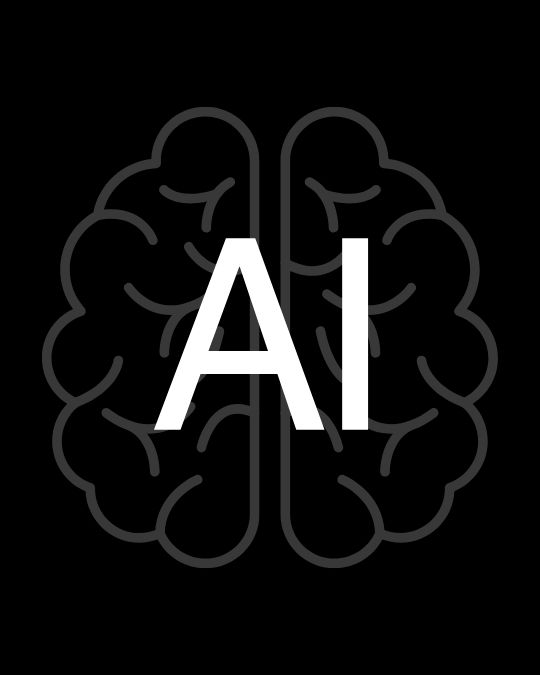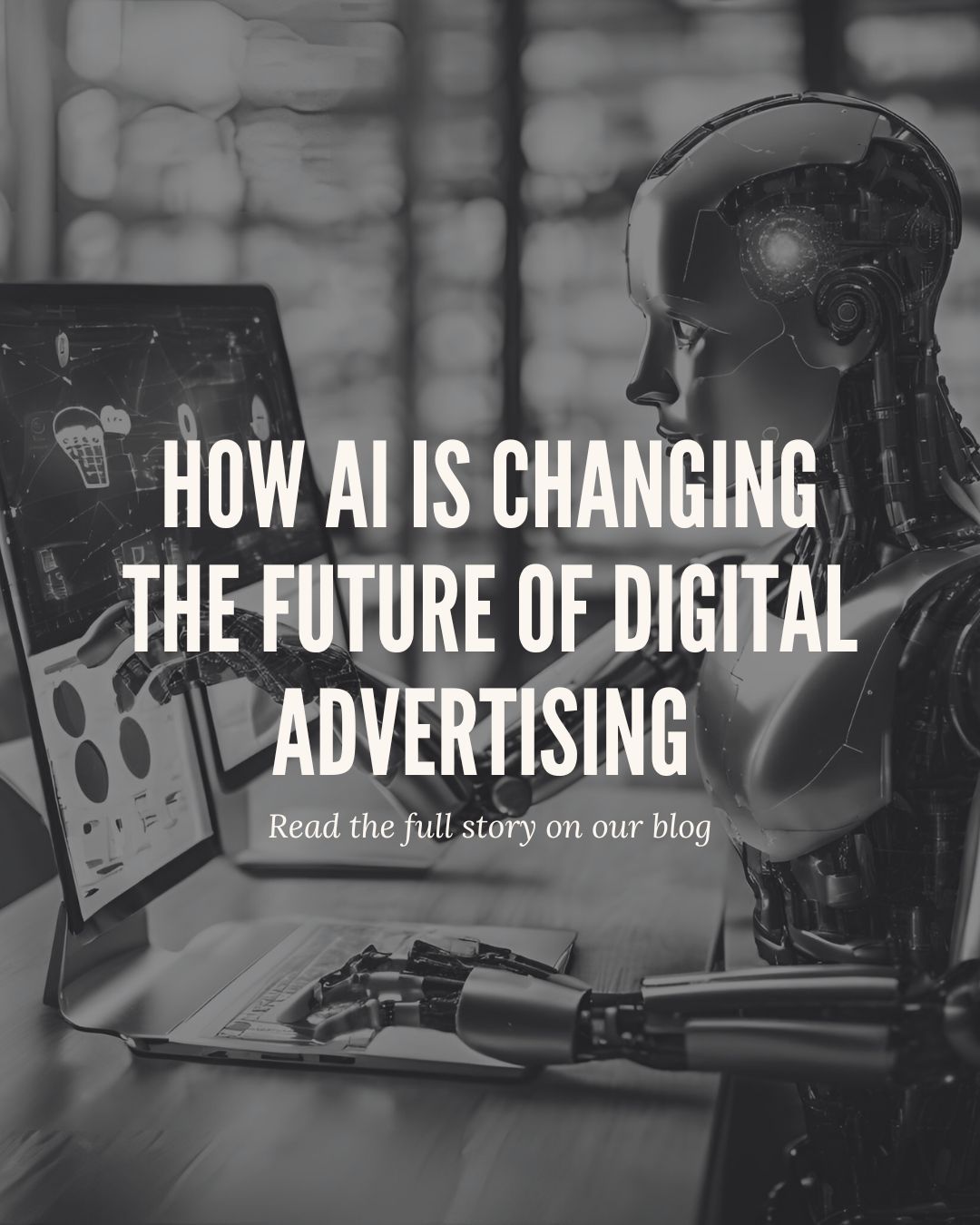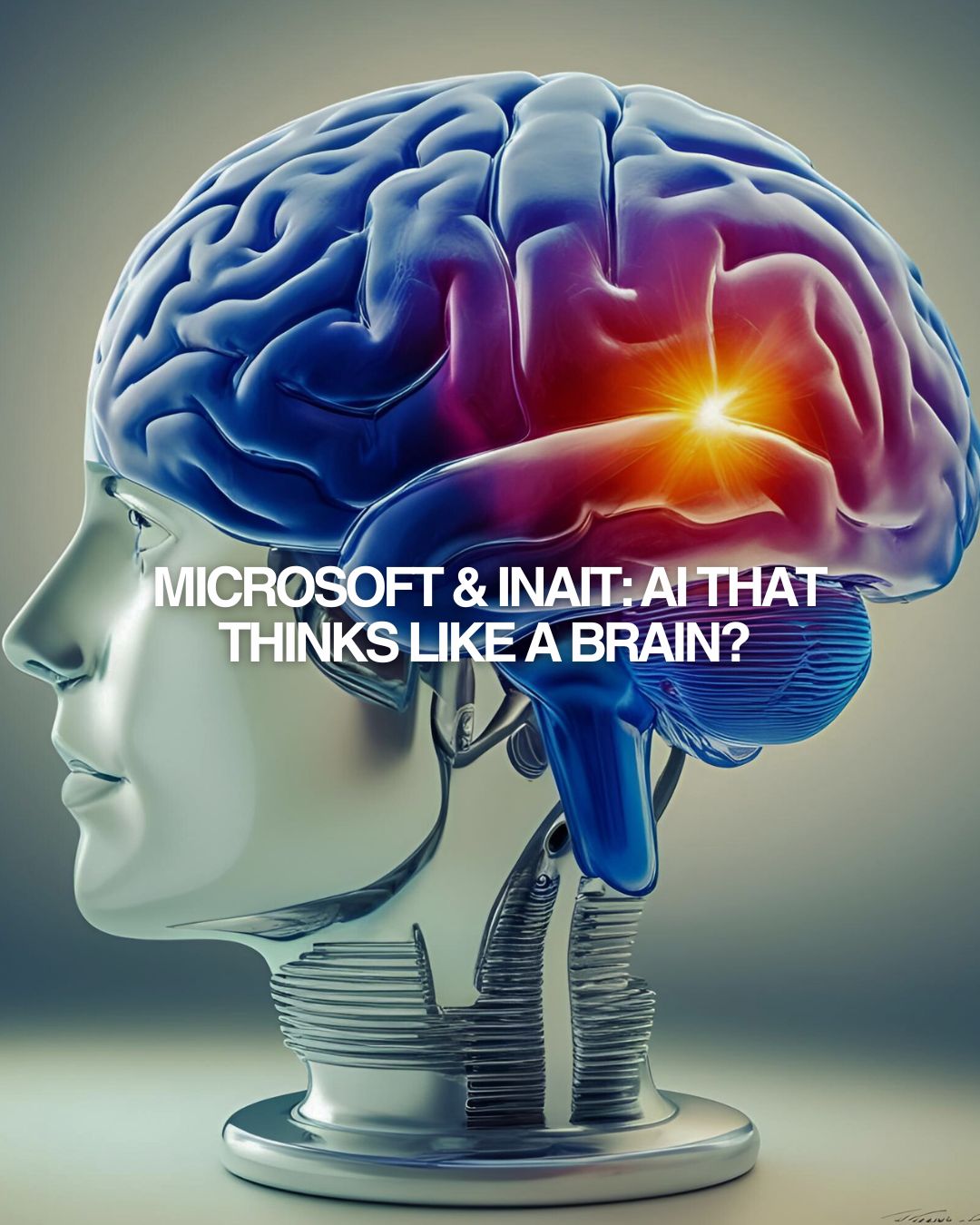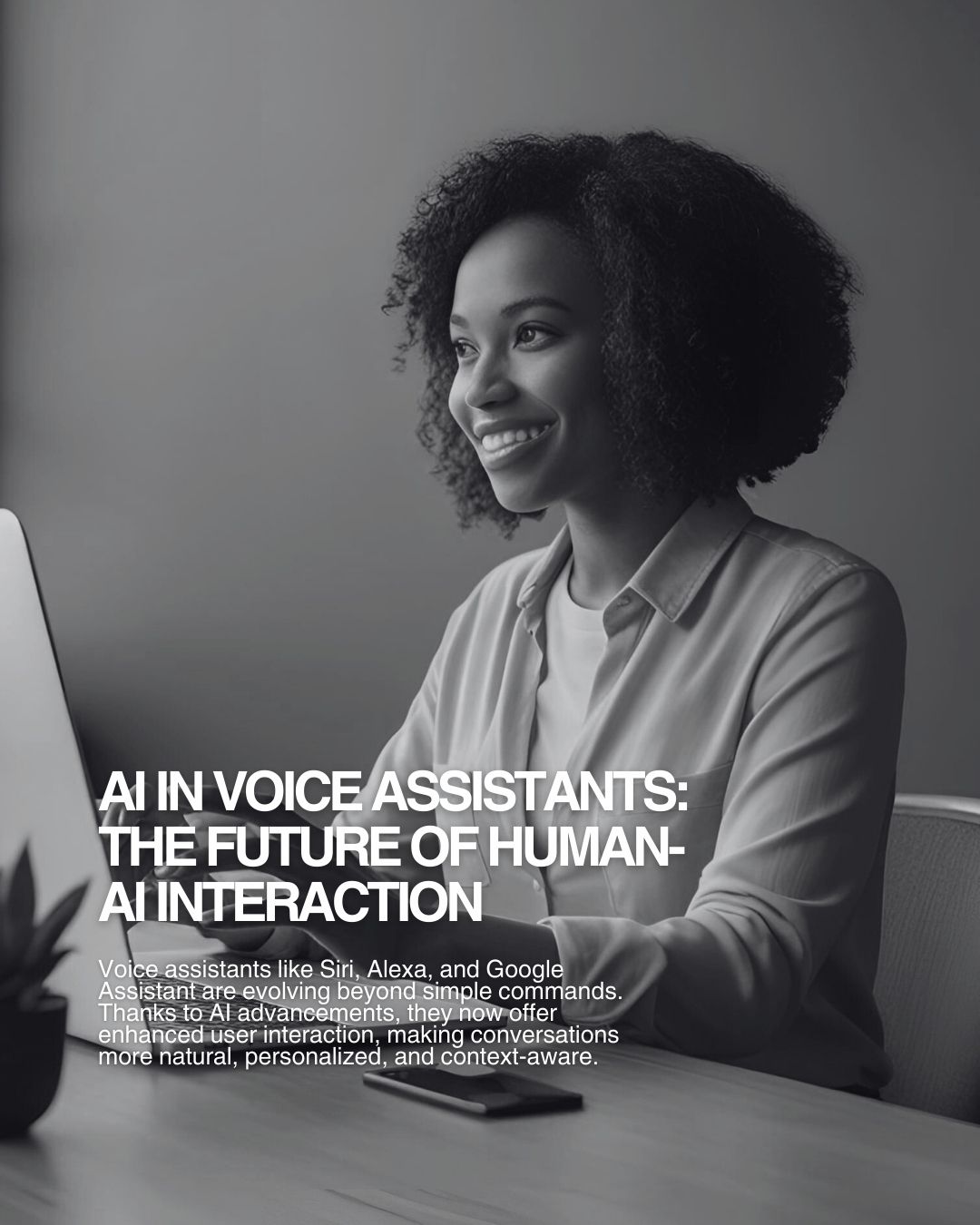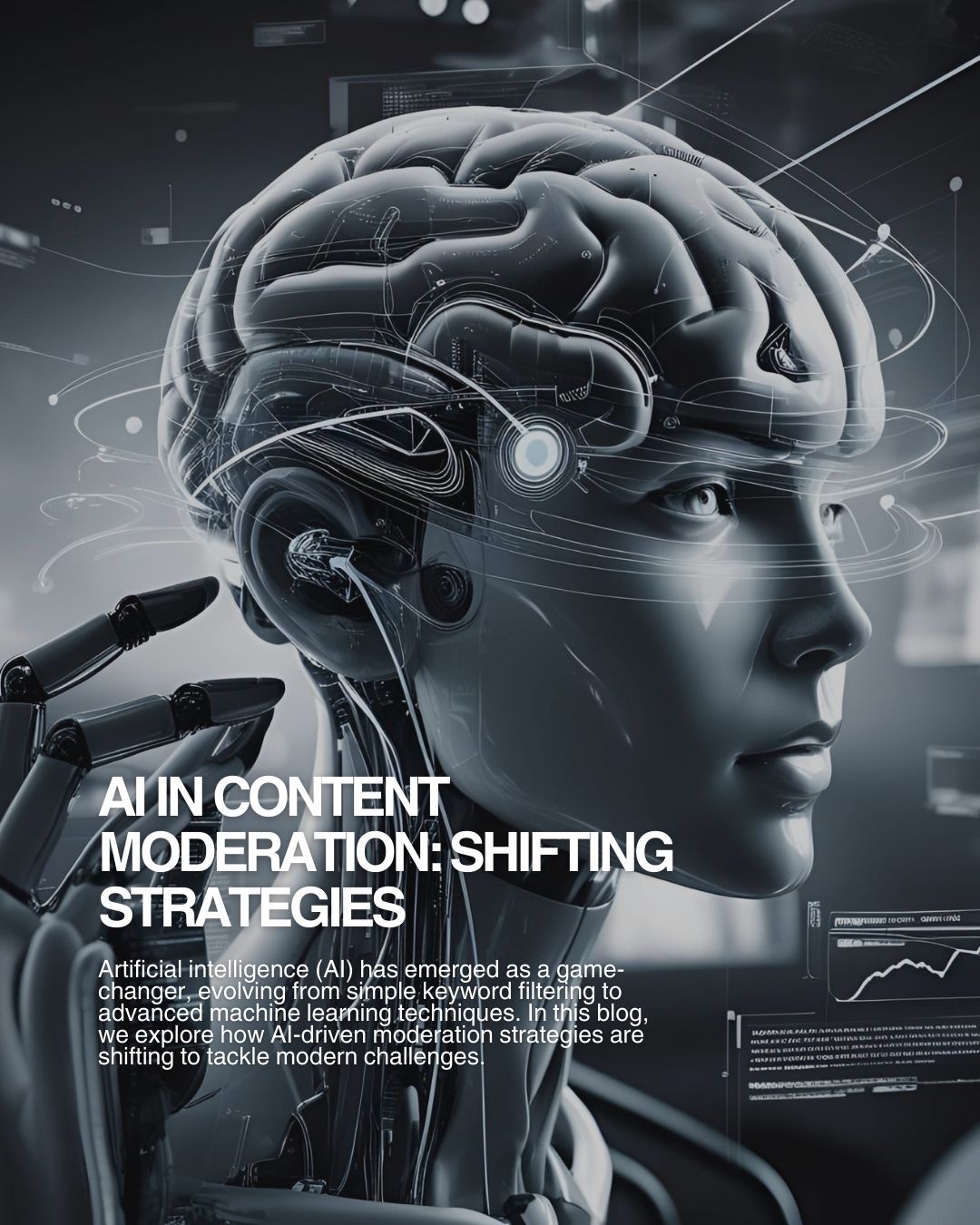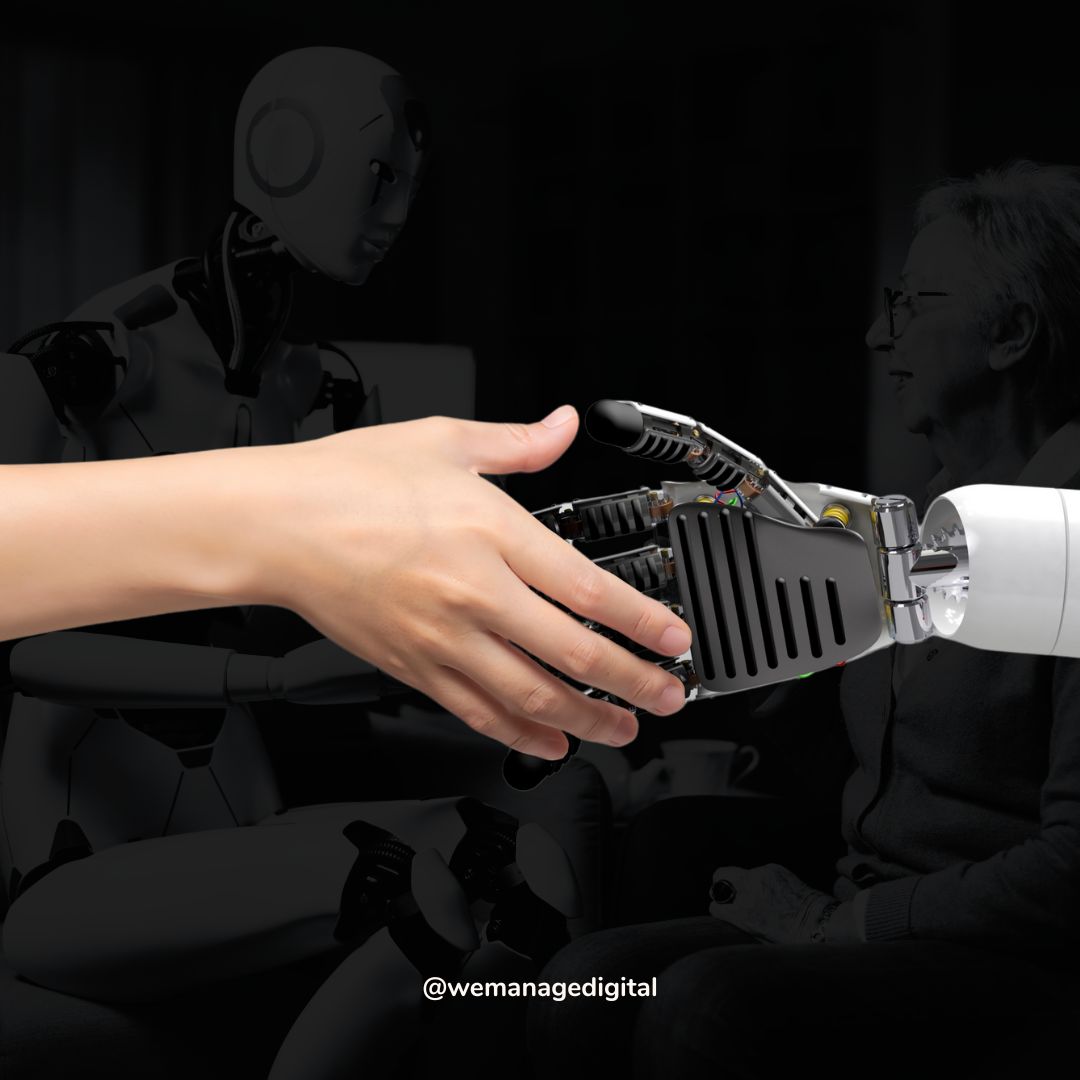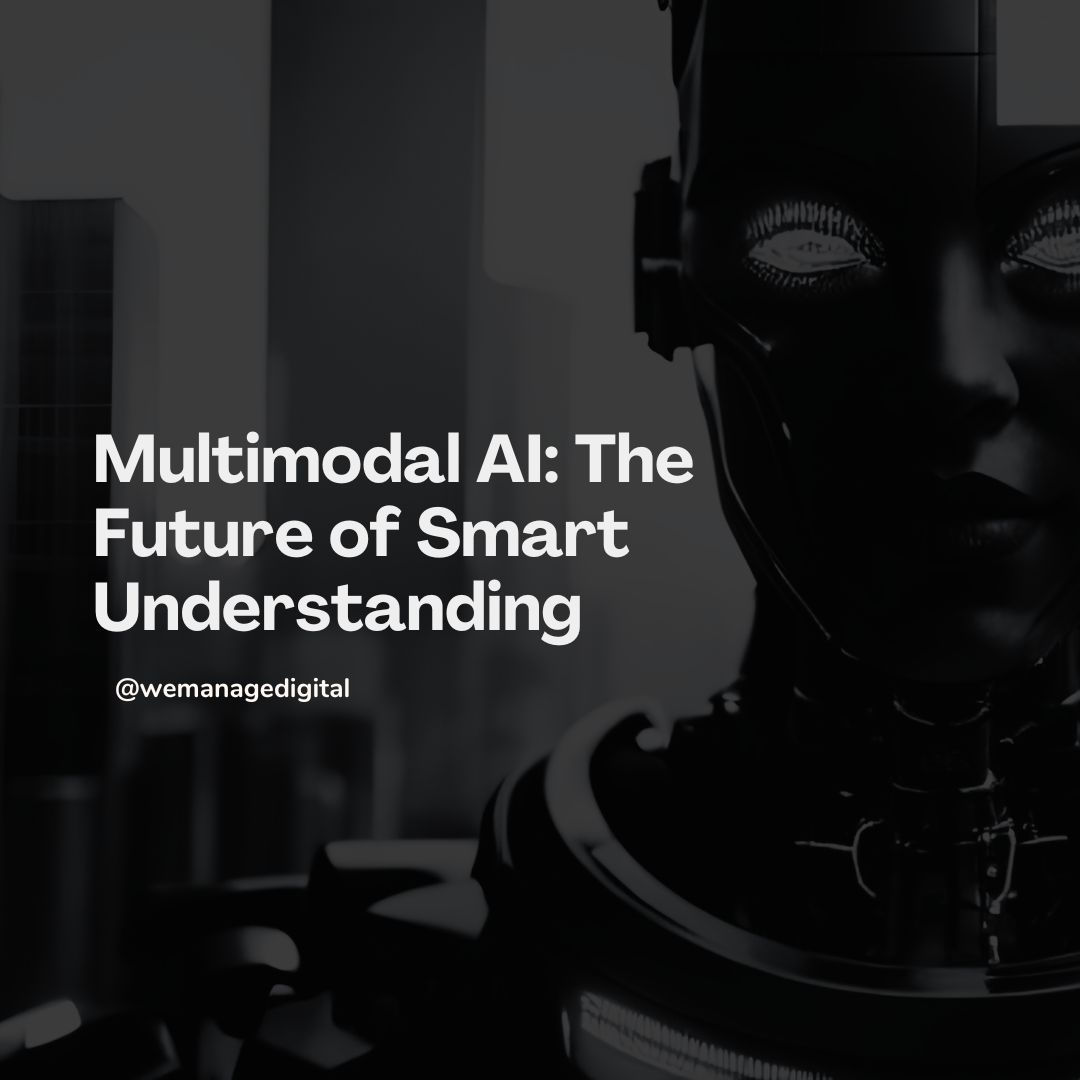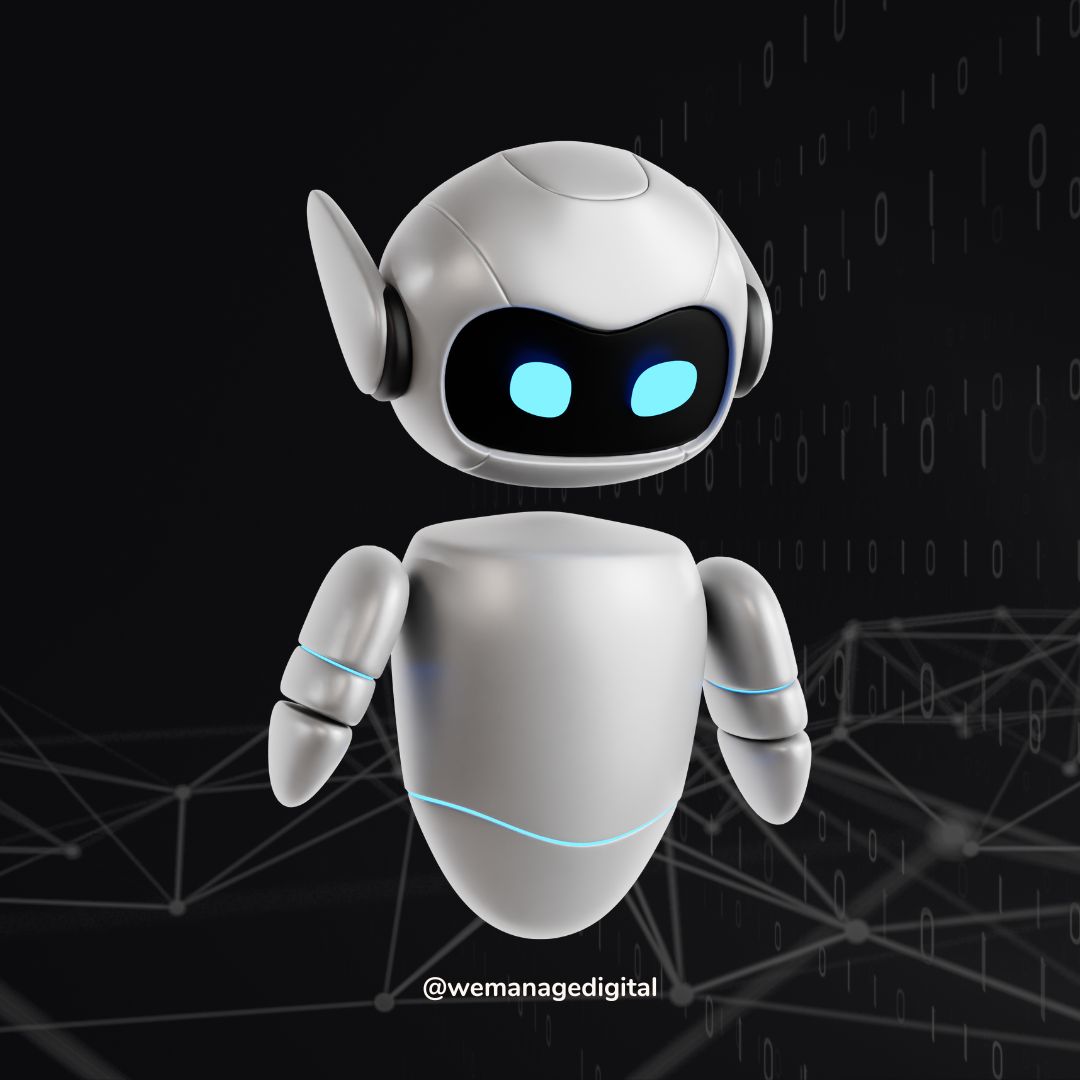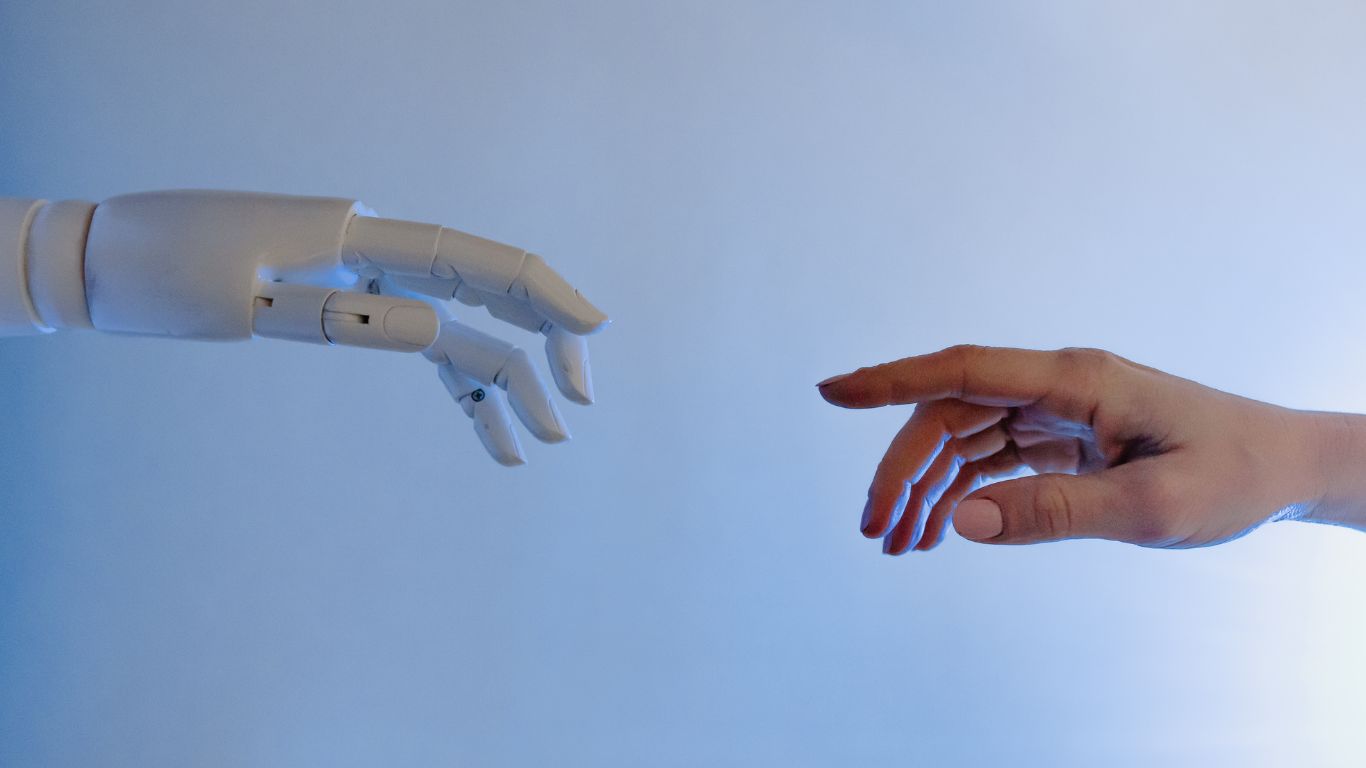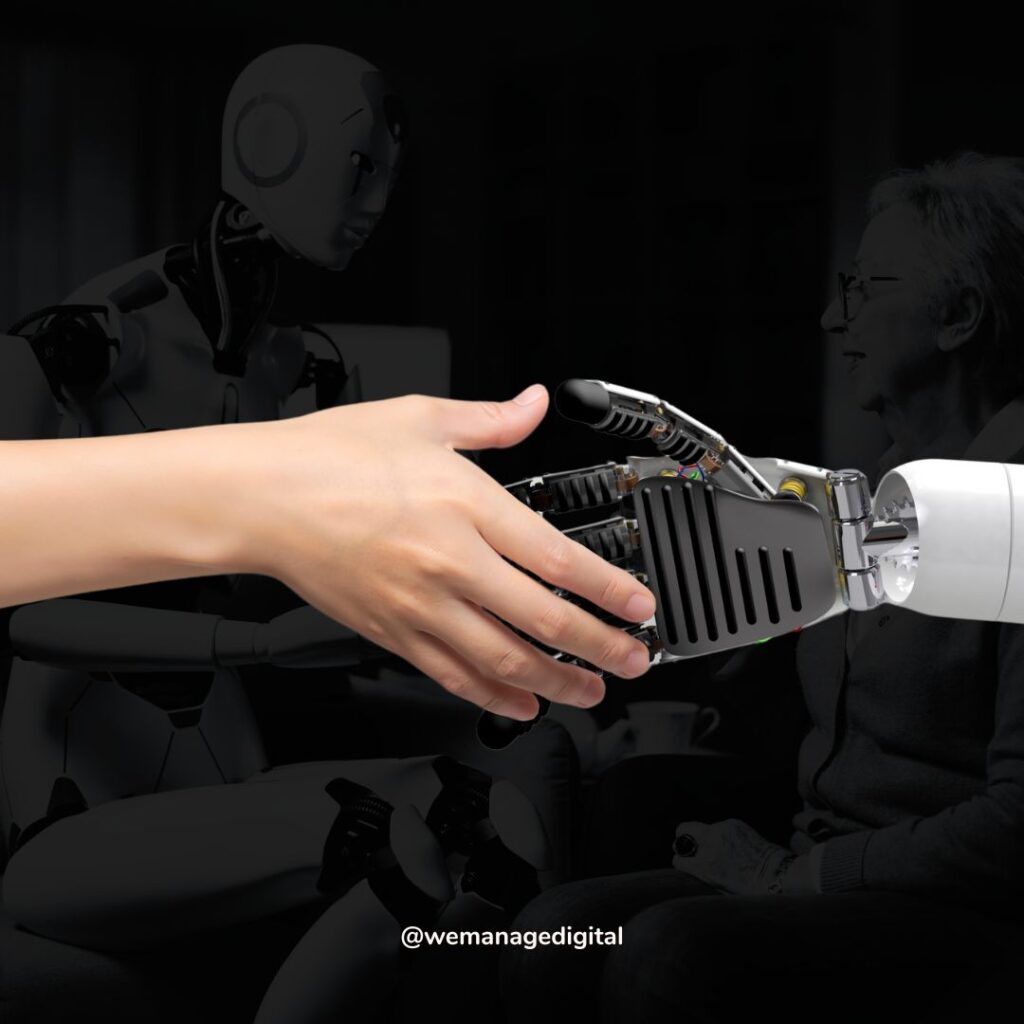
Artificial intelligence is transforming the healthcare industry, improving diagnostics, patient care, and medical efficiency. With AI-driven innovations, doctors can now detect diseases earlier, provide personalized treatments, and optimize hospital workflows. But how is AI truly shaping the future of healthcare? Let’s explore!
🔍 How AI is Revolutionizing Diagnostics
1️⃣ Faster & More Accurate Disease Detection
AI-powered systems can analyze X-rays, MRIs, and CT scans within seconds, detecting conditions like cancer, fractures, and neurological disorders with higher accuracy than traditional methods.
✅ Example: AI has been shown to detect breast cancer 30% faster than radiologists, with fewer false positives.
2️⃣ Predictive Analytics & Early Disease Detection
AI can analyze patient history and genetic data to predict diseases before symptoms appear, allowing for preventive treatments.
✅ Example: AI tools predict heart disease and diabetes risks years in advance, helping patients make lifestyle changes early.
3️⃣ AI in Pathology & Lab Testing
AI-driven microscopes and lab automation help detect viruses, infections, and genetic disorders more efficiently, reducing human error and improving diagnostic speed.
✅ Example: AI-based testing for COVID-19 and rare diseases has drastically improved response times in labs.
🏥 AI-Driven Patient Care & Treatment
4️⃣ Personalized Treatment Plans
AI tailors treatments based on a patient’s medical history, lifestyle, and genetic makeup, ensuring better outcomes and reduced side effects.
✅ Example: AI-powered platforms suggest customized cancer treatments based on thousands of previous cases.
5️⃣ Virtual Health Assistants & Chatbots
AI-driven chatbots assist patients by answering medical questions, scheduling appointments, and even providing mental health support.
✅ Example: AI-powered chatbots like Ada and Babylon Health provide 24/7 medical assistance, reducing doctor workload.
6️⃣ AI-Powered Robotics in Surgery
Robotic-assisted surgery, powered by AI, enables minimally invasive procedures, improving precision, reducing recovery time, and minimizing surgical errors.
✅ Example: The Da Vinci Surgical System assists in complex surgeries with robotic precision.
🛠️ AI in Hospital Management & Efficiency
7️⃣ AI for Predicting Patient Admissions & Hospital Needs
Hospitals use AI to predict patient inflow, manage staff schedules, and optimize bed and ICU capacity to prevent overcrowding.
✅ Example: AI predicts seasonal flu outbreaks, allowing hospitals to prepare resources in advance.
8️⃣ Automating Administrative Tasks
AI reduces paperwork by handling medical records, billing, and insurance claims, giving doctors more time for patient care.
✅ Example: AI-driven systems have cut administrative workload by up to 40% in hospitals worldwide.
⚠️ Challenges & Ethical Concerns
While AI offers incredible benefits, there are also concerns:
⚠️ Data Privacy Risks – AI relies on massive amounts of patient data, raising security concerns.
⚠️ Bias in AI Models – AI must be trained on diverse medical data to prevent racial and gender bias in diagnosis.
⚠️ Replacing Human Doctors? – AI is a powerful tool, but human oversight remains crucial in medicine.
🚀 The Future of AI in Healthcare
The integration of AI in healthcare is only beginning. With advancements in machine learning, robotics, and predictive analytics, AI will continue to:
✅ Improve global access to healthcare (especially in remote areas).
✅ Detect diseases earlier than ever before.
✅ Personalize patient treatments for better recovery rates.
💡 What are your thoughts on AI in healthcare? Could AI replace human doctors, or is it just a tool for better care? Let’s discuss in the comments! 👇
#AIinHealthcare #MedicalAI #FutureOfMedicine #HealthTech #ArtificialIntelligence

